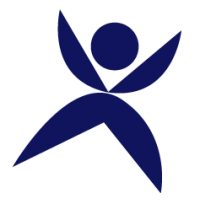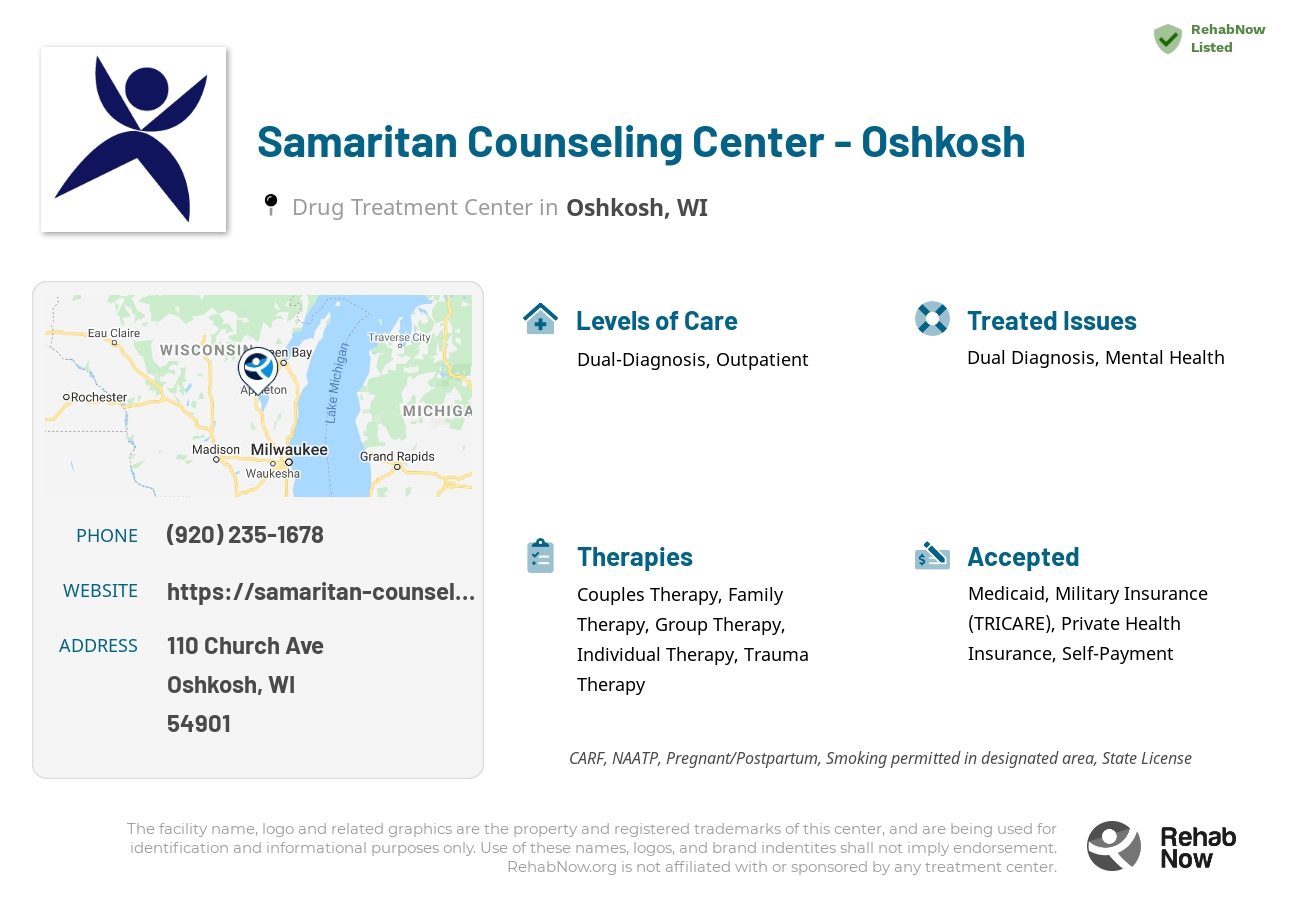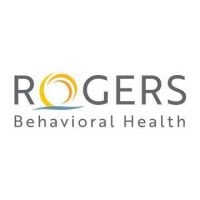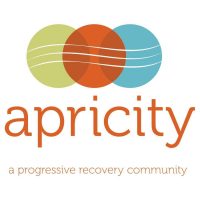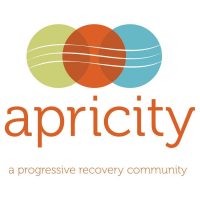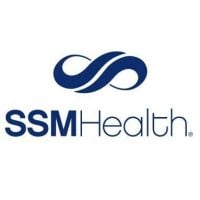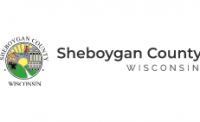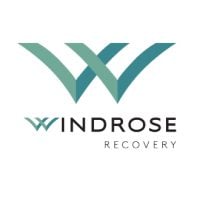Samaritan Counseling Center - Oshkosh
Drug Rehab Center in Oshkosh, Wisconsin
The Samaritan Counseling Center - Oshkosh is an accredited Addiction Treatment Facility offering individualized therapies and programs to those suffering from Dual Diagnosis, Mental Health, Drug Addiction, Alcoholism and Substance Abuse; providing evidence-based treatment options such as counseling, group therapy, customized wellness plans, life skills training and relapse prevention education in a safe and supportive environment.
About Samaritan Counseling Center - Oshkosh in Wisconsin
Samaritan Counseling Center of The Fox Valley, situated in Oshkosh, Wisconsin, is a private rehab facility acclaimed for its dual diagnosis and mental health treatment approach. Offering a unique blend of services that cater to both the mind and spirit, this center prioritizes a comprehensive recovery journey.
Accredited and state-licensed, Samaritan Counseling Center - Oshkosh delivers high-quality care tailored to those battling drug addiction, alcoholism, and various mental health challenges. The facility's commitment to integrating treatment plans to address individual needs sets it apart.
- Offers dual-diagnosis treatment for comprehensive care.
- Accepts private health insurance, making treatment accessible.
- Provides a variety of care levels including outpatient services.
Specializing in dual diagnosis, the center treats issues related to drug addiction, alcoholism, and mental health with a range of methods including one-on-one counseling, group therapy, and medication management. Their approach ensures supportive care designed to address the entire scope of an individual’s needs.
Genders
Ages
Modality
Additional
Accreditations
State License
Conditions and Issues Treated
A combination of treatments is often needed to treat drug abuse. Some addictions can be treated with counseling and support groups. In other cases, drug abuse can lead to a medical problem and require medical treatment. Treatment for drug addiction typically combines counseling and psychotherapy with medication and behavioral therapies.
A combination of treatments is often needed to treat drug abuse issues effectively. In the case of drug abuse, there is no easy answer or one-size-fits-all cure.
When someone in struggles with both addiction and mental or emotional illness, this is considered a dual diagnosis. Dual diagnosis treatment can include therapy for these issues to happen simultaneously, which will allow either of them to be treated effectively.
Sometimes people who have suffered from addiction disorder also suffer from co-occurring disorders such as depression, anxiety, bipolar disorder, etc., making them “dual diagnoses.” Dual diagnoses require specialized treatment programs where drug and alcohol addiction are addressed along with psychiatric illnesses. Some rehabilitation facilities provide patients suffering from cooccurrences a program with highly integrated services and a clean environment with few distractions to help them succeed.
Levels of Care Offered
This center offers a variety of custom treatment tailored to individual recovery. Currently available are Dual-Diagnosis, Outpatient, with additional therapies available as listed below.
Outpatient treatment is often used for drug addicts in drug rehab. Outpatient treatment consists of counseling and therapy sessions. This form of treatment is also called ‘day-treatment’. The outpatient treatment process begins with the addict’s initial detox period, lasting about ten days.
Outpatient treatment is used for those who are at moderate risk for ‘slipping back’ into the addiction, for those who:
- Are not currently experiencing any side effects from withdrawal and can handle social pressure
- Can handle stressors that might trigger relapse
- Have a stable living environment or have moved out of their previous environment, which was not conducive to being sober
- Have a support system that allows them to go to a facility a few times a week while still keeping their current responsibilities
- Have no legal obligations, being either on parole or probation, that require them to seek treatment at a mandatory facility
- Are not currently experiencing any side effects from withdrawal and can handle social pressure
- Have a stable living environment or have moved out of their previous environment, which was not conducive to being sober
Therapies & Programs
Because no single treatment is effective for all addicts, the goal of treatment and therapy should be to figure out what works best for each individual. Tolerance and withdrawal levels differ from person to person, affecting the treatment intensity required. Addiction treatment should aim to help addicts develop healthy coping mechanisms for dealing with their addiction and its underlying causes.
Couples therapy works with clients and significant others in a professional capacity to improve relationship dynamics. This can be helpful for addicts who are trying to marry the idea of recovery into their work, family, social lives – any aspect that has to do with relationships. Through counseling sessions, addicts will have an opportunity to talk about their addiction with professional partners.
Family therapy is beneficial for people who are in addiction treatment services because it offers addicts the opportunity to work with their family members to better understand what led them to make choices that contributed to their addiction.
This type of therapy helps family members reach a deeper understanding of how they can best support their loved one during recovery. It also helps the addict better understand their own motivations and triggers that led them to turn to substance abuse.
Family therapy can help addicts in the following ways:
- Assists family members in processing difficult feelings so they don’t blame or resent recovering addicts
- Assists family members in understanding how addiction has impacted the addict and everyone who is involved with them
- Allows the addict to take responsibility for their actions, while encouraging improved communication skills
- Helps family members understand how to best support an individual in recovery so addicts don’t relapse again.
Group therapy can help build a stronger support system and give addicts in Oshkosh, WI insight into their addiction that they gain through shared conversations. Group therapy occurs in a controlled group environment, exclusive of one on one meetings. This makes it safer for patients to feel comfortable sharing the struggles they’re going through and gaining perspective.
Trauma therapy is beneficial for people who are recovering from drug addiction because it helps them heal from past traumas that may have caused them to turn to harmful substances or led them to experience negative emotions that contributed to their destructive behaviors.
This type of treatment works by processing difficult experiences so individuals can learn how to process these events without having to turn to substances for coping.
Trauma therapy can help addicts in the following ways:
- Helps individuals understand their experiences and emotional responses to difficult events, including why they turned to drugs or alcohol
- Provides them with comfort and support while working through difficult emotions related to these traumatic experiences
- Offers an opportunity for addicts to have a voice and be heard, which can improve their self-esteem
- Can help them develop coping skills so they can better respond to triggers instead of turning to substance abuse.
Cognitive-behavioral therapy is a technique that is used to help people with addiction. Specifically, it is a way of identifying thoughts and behaviors that cause the addiction. It is typically used in an individual counseling session.
The content explains cognitive behavioral therapy and how it works to address some behaviors that may be leading to unintended consequences in their life, as well as its benefits for those seeking sobriety.
It works by helping people to talk through their issues and addressing the thoughts that cause said behaviors. It is an excellent way of learning about oneself and one’s perception of the world.
Payment Options Accepted
For specific insurance or payment methods please contact us.
Is your insurance accepted?
Ask an expert, call (888) 674-0062
Samaritan Counseling Center Associated Centers
Discover treatment facilities under the same provider.
- Samaritan Counseling Center - New London in New London, WI
- Samaritan Counseling Center - Menasha in Menasha, WI
Learn More About Samaritan Counseling Center Centers
Additional Details
Specifics, location, and helpful extra information.
Oshkosh, Wisconsin 54901 Phone Number(920) 235-1678 Meta DetailsUpdated April 15, 2024
Staff Verified
Samaritan Counseling Center - Oshkosh Patient Reviews
There are no reviews yet. Be the first one to write one.
Oshkosh, Wisconsin Addiction Information
Wisconsin has some of the highest rates in the United States for both adolescent and adult substance abuse. Since 2009, the state has been experiencing the same escalating rates of drug abuse and addiction as the rest of the country. The major concerns are the misuse of prescription painkillers and the escalating number of deaths due to alcohol-related liver disease.
The drug addiction problem in Oshkosh, Wisconsin, is quite severe. About 8.8% of people in Oshkosh, WI, abuse drugs, and about 4.2% are addicted to drugs. 14% of Wisconsin adults age 18 and older have an addiction to alcohol or other substances. The most commonly abused drugs in Oshkosh, Wisconsin, include heroin, methamphetamine, and prescription painkillers. In Oshkosh, WI, the most common is an inpatient facility.
Treatment in Nearby Cities
- Stoughton, WI (83.6 mi.)
- Jefferson, WI (71.5 mi.)
- Neillsville, WI (108.5 mi.)
- Menomonee Falls, WI (61.9 mi.)
- Chippewa Falls, WI (154.5 mi.)
Centers near Samaritan Counseling Center - Oshkosh
The facility name, logo and brand are the property and registered trademarks of Samaritan Counseling Center - Oshkosh, and are being used for identification and informational purposes only. Use of these names, logos and brands shall not imply endorsement. RehabNow.org is not affiliated with or sponsored by Samaritan Counseling Center - Oshkosh.
